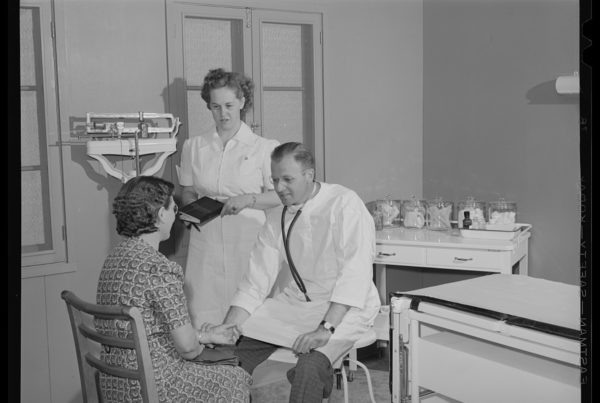
June 5, 2019
Can Small PCPs Succeed in Medicare’s Primary Care First?
Medicare’s announced primary care models will provide an interesting test of whether financially-motivated primary care practices (PCPs) can improve hospital utilization, the key outcome measure that will determine provider revenues under the pilot. While provider risk for costs of patient care is inevitable for most physicians in the future, providers don’t have the same potential for financial success. That is especially true for PCPs, whose volume and roles in health care have been eclipsed by specialists and industry consolidation. Whether Value-Based Health Care can restore primary care to a central role of coordination—with the potential for cost reduction—is at the…
Read More














